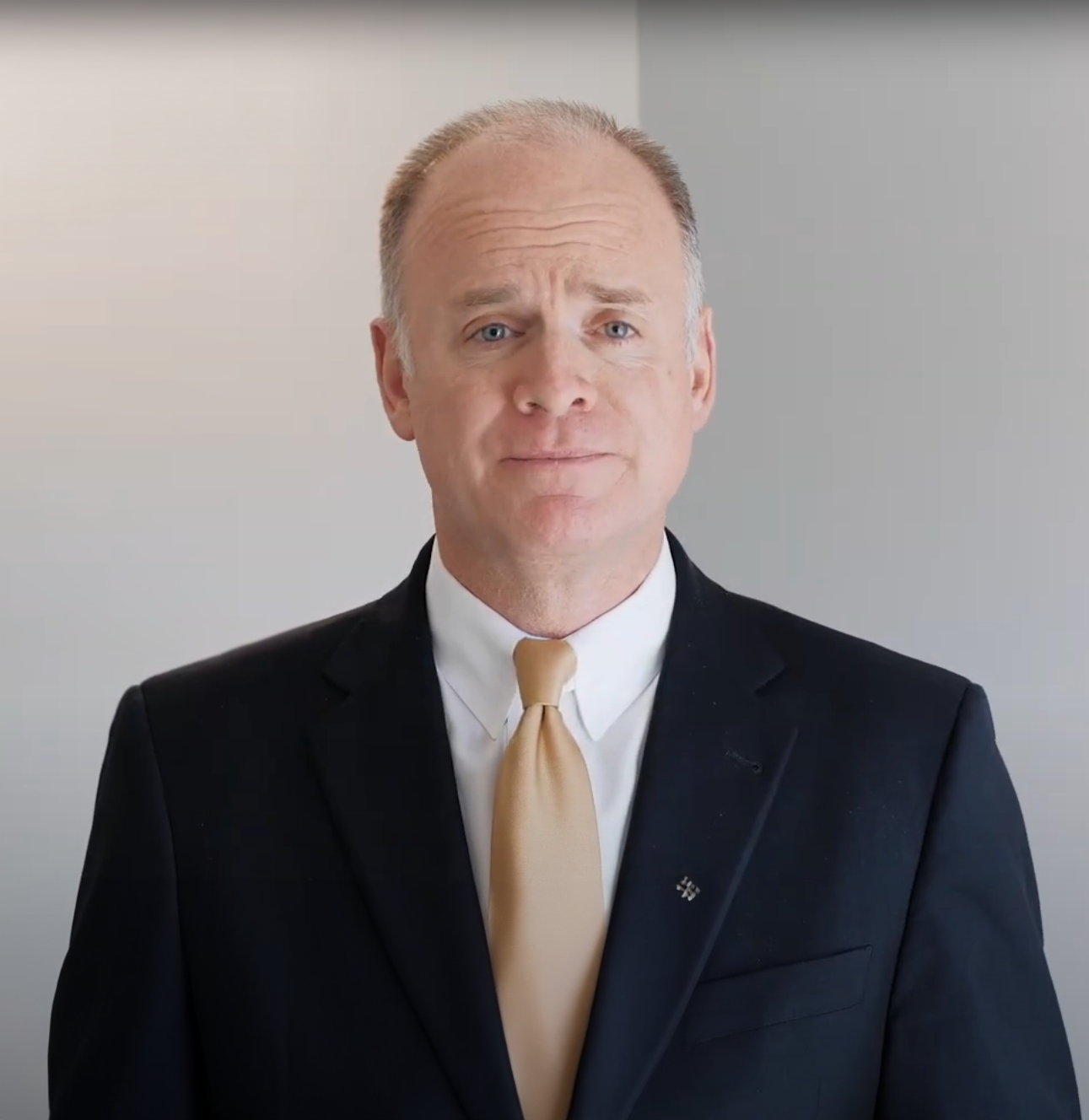We could create the best, and most dynamic financial plan in the world, but it will fail miserably if your ability to earn an income is interrupted or lost completely. Everything that we do is predicated on the idea that you will have an income, from which you will make retirement plan contributions, and pay medical insurance premiums, mortgages, utility bills, and meet other required living expenses. Most people assume that they’ll always have an income, and hardly anyone ever stops to think about what might happen if that turned out not to be the case.
Imagine what would happen if you suffered a disability that impaired your ability to earn an income. How long would you be able to pay the mortgage and car payments using only your emergency reserves? Once the savings have been depleted, then what? Would you withdraw from your 401(k) or IRA? Sure, the 10% penalty is waived in the event of a disability, but how will you retire if you withdraw everything early? Will you liquidate a child’s 529 college savings plan in order to stave off foreclosure? And then, once those assets have been exhausted, are you ready to engage Social Security in what may be many months worth of fighting for SSDI benefits?
Before you think that it can’t happen to you, consider that 1 out of 4 people 20 years of age today will suffer a disability before they attain the age of 65, according to the Social Security Administration’s 2017 “fact sheet”. Of those disabilities, roughly 95% are caused by non work related accidents, meaning that worker’s compensation will not be there to cover that financial loss. If every plan that we put together is predicate on a 25% chance of failure due to a disability related loss of income, are you willing to assume such a risk?
Life insurance, major medical insurance, property insurance, and disability insurance are all important for distinctively competent reasons. One is no more or less important than the other. Consider that someone 35 years of age, earning $100,000, could lose up to $3,000,000 of pre-tax earnings if a permanent disability is suffered. That’s before any consideration is given for cost of living adjustments. We insure our homes, and our cars, and even our lives, but we often neglect to insure our capacity to earn an income, and over time, this could be the largest asset that we have.
I consistently advise my clients to address this risk through the purchase of a disability income insurance policy. The premium for such coverage will depend upon your occupational classification and health metrics, but as a rule of thumb, it generally works out to be between 2% to 4% of your income. My question is simply this, would you rather forego a fraction of your income in order to guarantee the solvency of your financial plans, and that you’ll never be without the other 98% of your income, or would you prefer to forego that opportunity, and take the risk of a disability bringing about the collapse of what you’ve worked hard to build?
Buildings are constructed from the ground up, and they all start with a solid foundation. You should too. Lastly, if you have such coverage through a guaranteed standard issue plan at work, then it’s better than not having any coverage at all, but it may not be adequate. Often, such plans are higher in expense than individual policies, and rarely offer other benefits such as partial disability coverage, catastrophic coverage, cost of living adjustments, and other benefits. If the premium for the coverage is paid by your employer, then the disability benefit itself may be taxable as income. This is a core part of our risk management practice, and I would be happy to meet with anyone for whom this is of importance to compare quotes and benefit structures.







